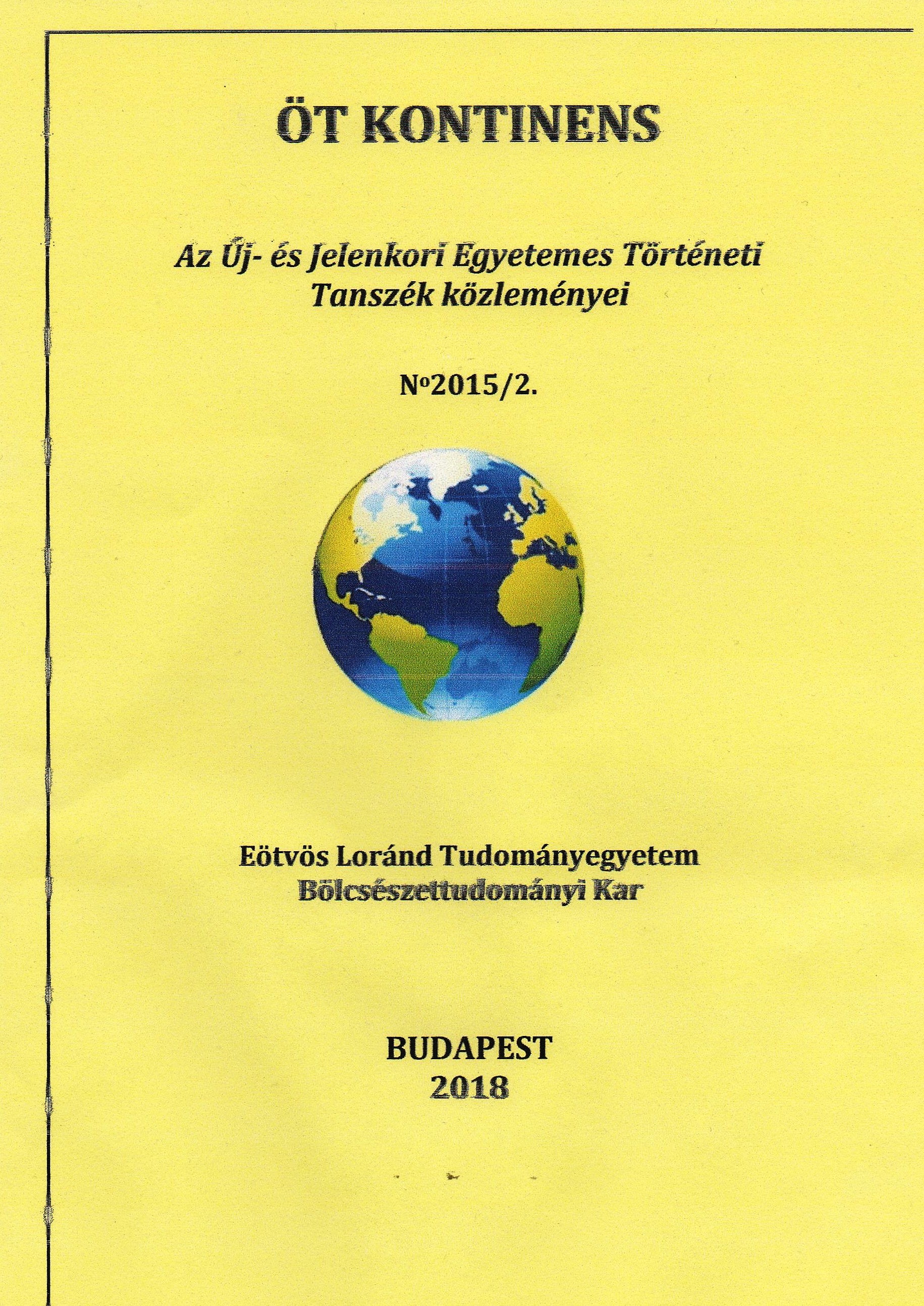Weibliche Identität in Mitteleuropa und Wissenstransfer zwischen den ungarischen, österreichischen und deutschen Frauenorganisationen 1890–1914
Female Identity in Central Europe and the Transfer of the Knowledge among the Hungarian, Austrian and German Women's Organisations
Author(s): Dóra CzefernerSubject(s): Cultural history, Political history, Social history, Gender history, 19th Century, Pre-WW I & WW I (1900 -1919)
Published by: Eötvös Loránd Tudományegyetem, Új-és Jelenkori Egyetemes Történeti Tanszék
Keywords: Austria-Hungary; feminist organizations; Rosika Schwimmer; Auguste Fickert; International Woman Suffrage Alliance;
Summary/Abstract: It is regarded as an evidence, that historians of the dualistic era study the political, economic and social development of Austria and Hungary parallel with each other. This way, the question may come up: Why do Hungarian (as well as Austrian) women’s historians tend to forget about the fact, that women’s movements of the two countries should be examined parallel with each other as well? This present paper analyses the relationship between three Austrian and Hungarian bourgeois-liberal and feminist organizations before the outbreak of the First World War: in Austrian relation, it focuses on the Allgemeiner Östereichischer Frauenverein (General Austrian Women’s Association, founded in Vienna in 1892). With regard to Hungary, it concentrates on two separate but co-operating groups: the Nőtisztviselők Országos Egyesülete (National Association of Female Clerks, established in Budapest in 1896) and the Feministák Egyesülete (Hungarian Feminists’ Associationm, founded in Budapest in 1904). Apart from direct and indirect contacts of the organizations, the issue is placed in a larger context: it shows how the models borrowed from the German women’s movements were adapted to the Austrian and the Hungarian organizations.
Journal: ÖT KONTINENS
- Issue Year: 2015
- Issue No: 2
- Page Range: 7-30
- Page Count: 24
- Language: German

